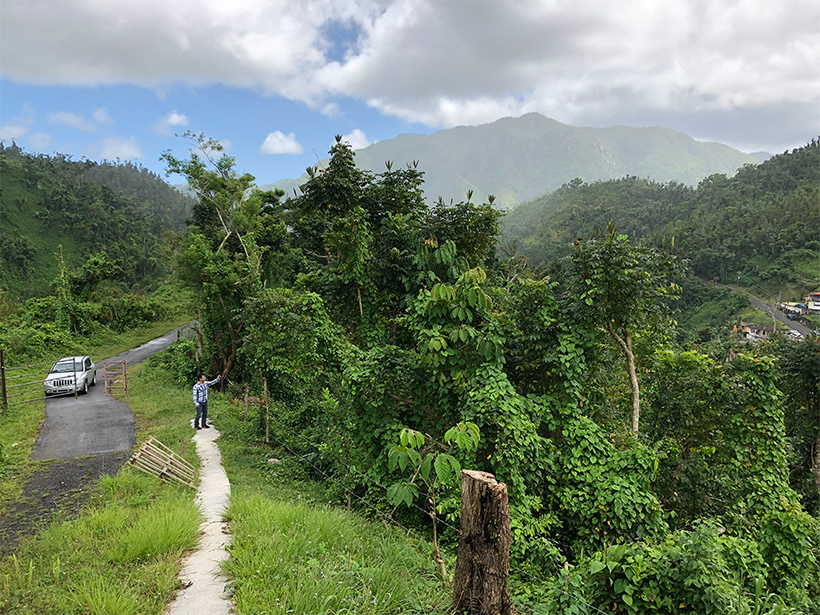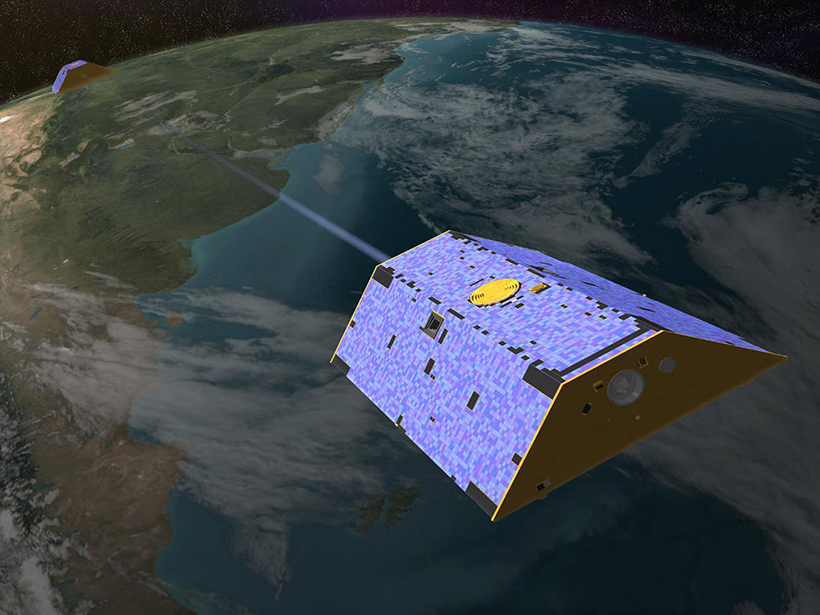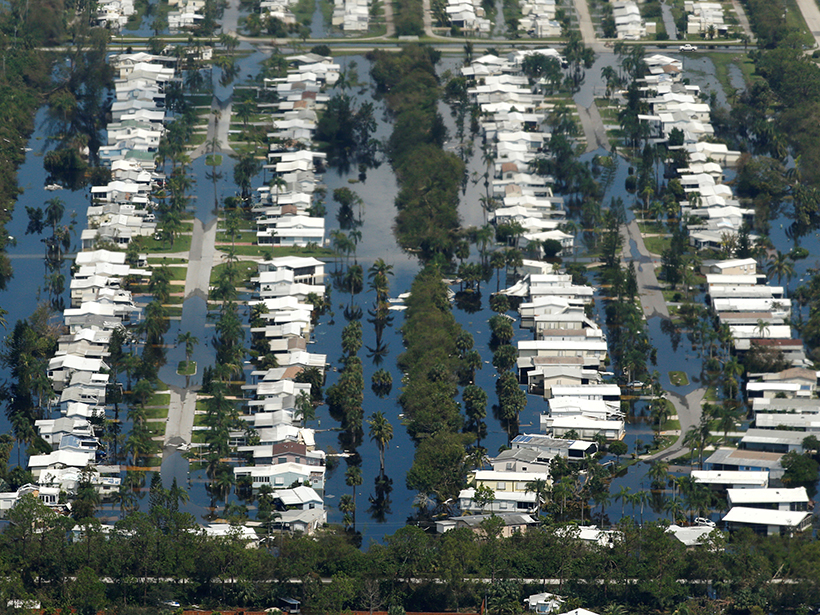Recent hurricane seasons left many communities wondering if this is the new normal. Digital infrastructure designed for citizen data collection may help these communities increase resilience.
disaster management
Improving Water Resources Management with Satellite Data
An extensive review reveals that remote sensing is changing the way we manage water resources and suggests that the coming years will bring both exciting advancements and new challenges.
The Long and Winding Road: Making Resilience Real
As humans face an inherently riskier world, a special collection in Earth’s Future explores thematic, theoretical, and empirical approaches to resilient decision-making.
Bridging the Gap Between Sustainability and Disaster Management
IGCS Summer School 2018 on Coastal and River Hazards & Management Strategies; Aachen, Germany, 14–25 July 2018
Wireless Frequency Sharing May Impede Weather Satellite Signals
The delivery of weather satellite imagery is reliable today, but will it stay that way in the future?
A Near-Real-Time Tool to Characterize Global Landslide Hazards
By fusing susceptibility information with precipitation data, a new model generates “nowcasts” to predict the potential for rainfall-triggered landslides in steep terrain between 50°N and 50°S.
How Paleofire Research Can Better Inform Ecosystem Management
Global Paleofire Working Group 2: Paleofire Knowledge for Current and Future Ecosystem Management; Saint-Hippolyte, Quebec, Canada, 10–14 October 2017
Satellites and Cell Phones Form a Cholera Early-Warning System
A new initiative combines satellite data with ground observations to assess and predict the risk of cholera outbreaks in Bangladesh’s vulnerable populations.
Monitoring Coastal Zone Changes from Space
The resilience of coastal communities depends on an integrated, worldwide coastal monitoring effort. Satellite observations provide valuable data on global to local scales.
Past FEMA Head Urges Smarter Rebuilding After Natural Disasters
Craig Fugate says the United States has an opportunity to rebuild more resiliently if Congress doesn’t simply provide relief money but also requires rebuilding to higher standards.










